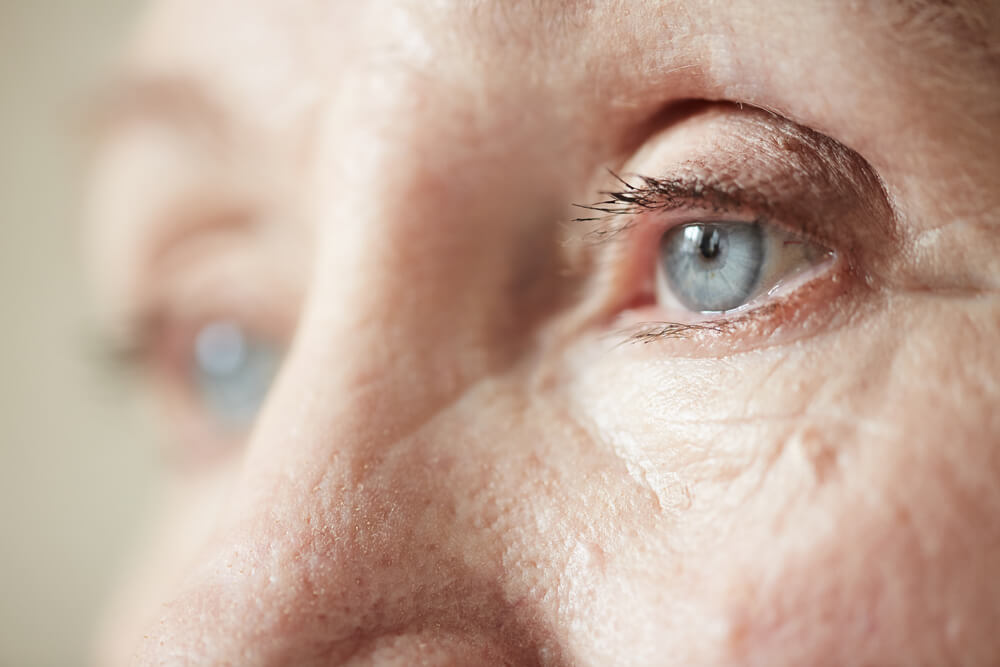What is depression?
Depression is a disorder that makes you sad, but it is different than normal sadness. Depression can make it hard for you to work, study, or do everyday tasks.
How do I know if I am depressed?
Depressed people feel down most of the time for at least 2 weeks. They also have at least 1 of these 2 symptoms:
- They no longer enjoy or care about doing the things they used to like to do
- They feel sad, down, hopeless, or cranky most of the day, almost every day
- Depression can also make you:
- Lose or gain weight
- Sleep too much or too little
- Feel tired or like you have no energy
- Feel guilty or like you are worth nothing
- Forget things or feel confused
- Move and speak more slowly than usual
- Act restless or have trouble staying still
- Think about death or suicide
If you think you might be depressed, see your doctor or nurse. Only someone trained in mental health can tell for sure if you are depressed.
Get help right away if you are thinking of hurting or killing yourself!
- If you ever feel like you might hurt yourself or someone else, help is available:
- In the US, contact the 988 Suicide & Crisis Lifeline:
- To speak to someone, call or text 988
- To talk to someone online, go to www.988lifeline.org/chat
- Call your doctor or nurse and tell them it is urgent
- Call for an ambulance (in the US and Canada, call 9-1-1)
- Go to the emergency department at the nearest hospital
What are the treatments for depression?
People who have depression can get 1 or more of the following treatments:
- Medicines that relieve depression
- Counseling (with a psychiatrist, psychologist, nurse, or social worker)
- A device that passes magnetic waves or electricity into the brain
People with depression that is not too severe can get better by taking medicines or talking with a counselor. People with severe depression usually need medicines to get better, and might also need to see a counselor.
Another treatment involves placing a device against the scalp to pass magnetic waves into the brain. This is called “transcranial magnetic stimulation,” or “TMS.” Doctors might suggest TMS if medicines and counseling have not helped.
Some people whose depression is severe might need a treatment called “electroconvulsive therapy,” or “ECT.” During ECT, doctors pass an electric current through a person’s brain in a safe way.
When will I feel better?
Both treatment options take a little while to start working.
- Many people who take medicines start to feel better within 2 weeks, but it might be 4 to 8 weeks before the medicine has its full effect
- Many people who see a counselor start to feel better within a few weeks, but it might take 8 to 10 weeks to get the greatest benefit
If the first treatment you try does not help you, tell your doctor or nurse, but do not give up. Some people need to try different treatments or combinations of treatments before they find an approach that works. Your doctor, nurse, or counselor can work with you to find the treatment that is right for you. They can also help you figure out how to cope while you search for the right treatment or are waiting for your treatment to start working.
How do I decide which treatment to have?
You and your doctor or nurse will need to work together to choose a treatment for you. Medicines might work a little faster than counseling. But medicines can also cause side effects. Plus, some people do not like the idea of taking medicine.
On the other hand, seeing a counselor involves talking about your feelings with a stranger. That is hard for some people.


